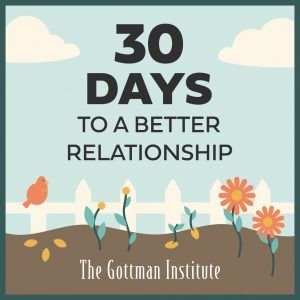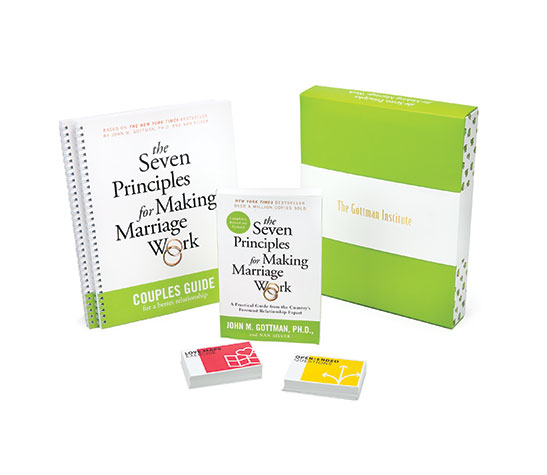Researchers are doing a great job raising awareness about harmful things couples say and do in a relationship. For example, we now know from the work of Dr. John Gottman that there are four communication patterns that predict whether a couple will stay together or break up: criticism, contempt, defensiveness, and stonewalling.
We know high conflict couples are on a one-way trip to divorce if they don’t learn how to better communicate, take responsibility, and work towards shifting their adversarial paradigm to a more collaborative one.
Dr. Gottman’s research has also shown couples who turn towards their partner for emotional connection and are skilled at making repairs are more successful than couples who don’t.
Despite all this progress, there is one relationship killer that doesn’t receive as much attention and is just as damaging. It has the potential to slowly erode the foundation of love and trust over the course of a relationship.
Silence is destructive
Do you know a couple who appears to have it all together, never seems to fight, and for all intents and purposes looks like they have a great relationship? Sometimes they do.
However, they may have gotten in the habit of not saying a word when they are hurt, angry, or disappointed. Perhaps they feel they “should” be happy because they have it all. Maybe they don’t want to rock the boat. Or they are both highly conflict-avoidant because of challenging dynamics in their families of origin.
They’re silent.
This is the couple I am most concerned about because their wounds remain hidden. Their lack of open and honest communication with each other is slowly eroding the intimacy and emotional safety of their relationship. In fact, the California Divorce Mediation Project reported that 80% of the time couples divorced were due to partners slowly growing apart and losing the sense of closeness that left them feeling unloved and unappreciated.
This couple accepts the status quo. One or both partners decide it’s good enough and not worth the effort to try to improve the situation. Or more likely, they don’t know how to make the effort so the silence continues.
Over time the disconnection, though not verbalized, becomes painful. It’s an internal experience that is never shared with their partner. As a result, partners feel alone, even when they’re together. They may even decide that they have fallen out of love but struggle to understand why.
Keep talking
A loving, healthy, and connected relationship is a result of an ongoing dialogue. These couples check in with each other not only on the things that are bothering them but also to celebrate when their partner has done something they appreciate.
Do not let silence be your paradigm. It’s particularly easy for this to occur with couples who “appear” like they have it all. As we all also know, appearances can be deceiving.
Your relationship needs to be nurtured to survive. Even if things are generally okay, don’t let it cast a fog over unmet needs or pain points. This risks not only a build-up of resentment but worse, the slow death of your relationship.
So speak up. Start small. It will be uncomfortable to break the silence in your relationship, but the resulting emotional connection will be well worth it.
If you are unsure how to initiate a more honest conversation with your partner, seek a couples therapist to help. Think of this as a relationship check-up in the same way you take your car to be serviced or have an annual check-up with your primary care doctor.
The Marriage Minute is an email newsletter from The Gottman Institute that will improve your marriage in 60 seconds or less. More than 40 years of research with thousands of couples show one simple fact: small things often can create big changes over time. Got a minute? Sign up below.










